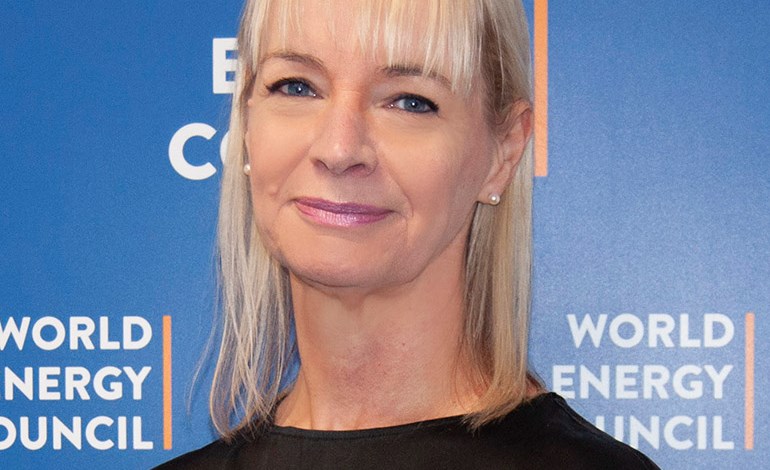In the wake of the world’s first demand-driven energy shock triggered by the war in Ukraine, the World Energy Council has called for an evolution in energy leadership to accelerate global energy transitions across all regions. The council’s latest report, the 15th edition of the World Energy Trilemma, titled ‘Evolving with Resilience and Justice,’ highlights the need for profound changes in global energy systems.
The report emphasizes the evolving nature of the World Energy Trilemma framework, which evaluates national energy performance based on three key dimensions: energy security, equity, and environmental sustainability. It notes that these dimensions are adapting to new ambitions in managing energy for both people and the planet, especially in light of what the report terms as the ‘new threat of poly-crises.’
Angela Wilkinson, Secretary General & CEO of the World Energy Council, emphasized the need for change, stating, “The world’s first consumer-led energy shock, the materiality of the renewable energy revolution and the continued rise in structural inequalities are red flags to business-as-usual.”
The report highlights that energy security now includes considerations such as the reliability of renewables and resilience against physical and cyber threats. Energy equity has expanded to include fairer access to clean energy benefits and considerations for vulnerable communities. Environmental sustainability now encompasses a holistic concern for planetary health, including circular economy principles and better alignment of decarbonization efforts with ecological limits.
While European countries continue to lead in the overall index scores, the report notes challenges caused by the shift away from Russian gas imports following the Ukraine war. Short-term solutions, such as increased use of coal, have raised equity and sustainability concerns and threaten long-term industrial competitiveness in Europe.
The report also examines region-specific challenges and responses. Africa is facing rising energy demand alongside cleaner energy adoption efforts. Asia is balancing economic growth with clean energy transitions. Europe is navigating security, affordability, and sustainability issues. Latin America and the Caribbean are seeking appropriate socio-political paths for their energy transitions. The Middle East and Gulf States are transitioning from oil dominance towards greater renewables development.
Wilkinson concluded, “As we redesign energy for people and planet, we are transforming the World Energy Trilemma framework and extending its practical use beyond countries to regions and cities.”

